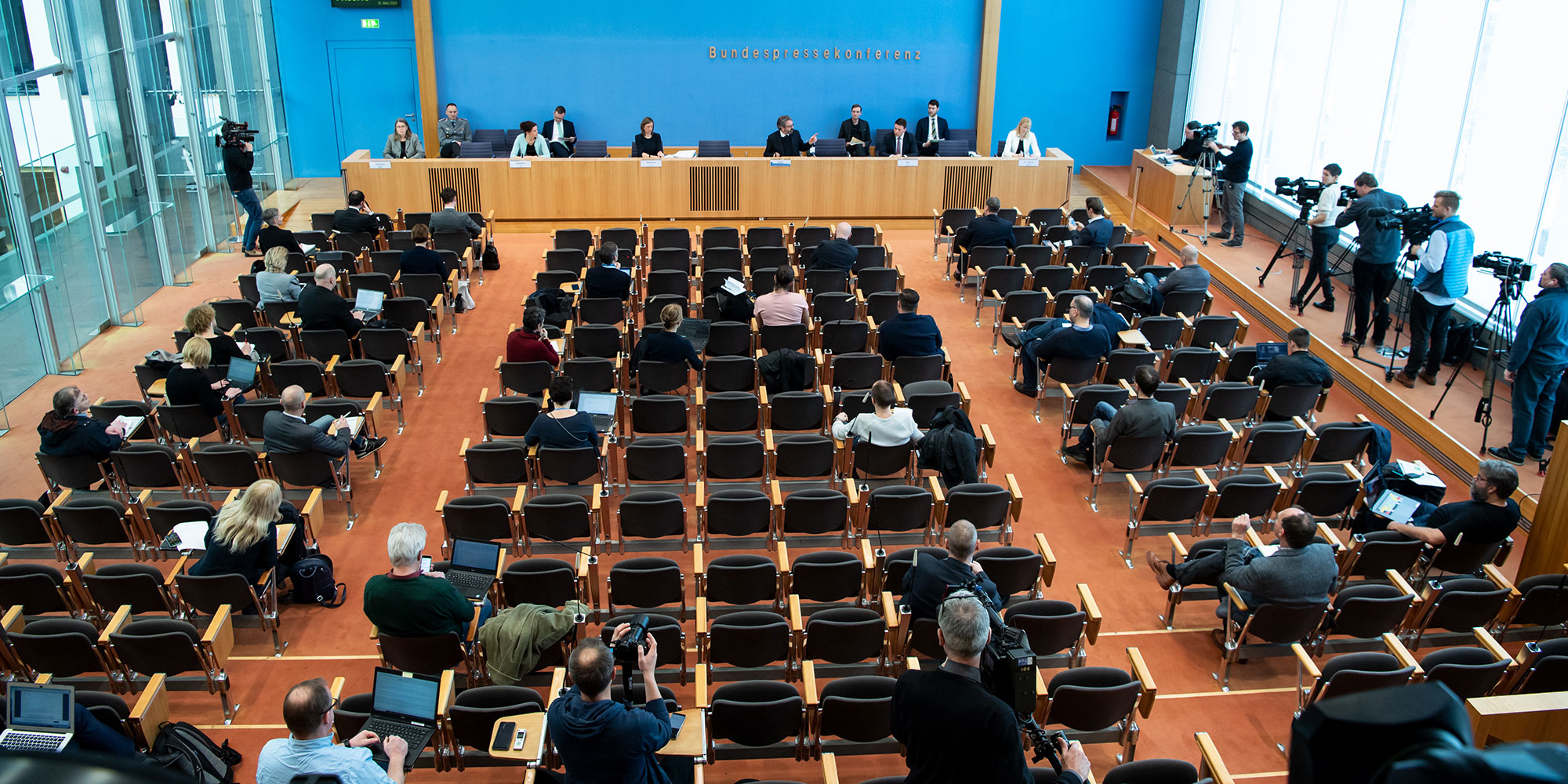Korean Deputy Minister Emphasizes Dynamic Balance of Jobs, Rights, and Growth at ILO Conference

On June 9, 2025, during the 113th International Labour Organization (ILO) conference in Geneva, Deputy Minister of Employment and Labor Kim Min-seok stated that the government aims to develop a dynamic triangular relationship between jobs, rights, and growth, rather than viewing them as a trilemma where achieving two means sacrificing the third. The conference, which began on June 2, will run until June 13.
Deputy Minister Kim introduced South Korea's policies aimed at supporting employment for youth, women, and middle-aged individuals. He highlighted initiatives to proactively identify young job seekers facing employment challenges, offering personalized services such as psychological counseling and career exploration. Additionally, he noted efforts to expand work experience opportunities and support skill development in advanced industries like AI to help youth adapt to the rapidly changing labor market.
Kim also mentioned improvements in policies to help women maintain stable careers, including reducing working hours, expanding leave, and increasing maternity pay. For middle-aged workers, the government is enhancing support for career planning, skills development, and re-employment to ensure they can work as much as they desire without falling behind in a changing job landscape.
Regarding labor rights, Kim emphasized that the South Korean government is committed to establishing a comprehensive protection system to ensure that all workers can enjoy basic rights and work in safe environments. He noted that various employment forms, including platform workers, are provided with educational programs, counseling services, and dispute resolution to safeguard their rights. The government is also continuously expanding the coverage of employment and industrial accident insurance to create a safety net without gaps.
On the topic of foreign workers' rights, Kim stated that the government is enhancing support for migrant workers to ensure they receive equal protection of their labor rights through the operation of foreign support centers and multilingual counseling services.
Kim concluded by reflecting on South Korea's historical experience of strengthening democracy and overcoming crises through social dialogue during its economic growth. He reaffirmed the government's commitment to improving working conditions and rights for workers while enhancing corporate competitiveness.
What do you think?
0 reactions





